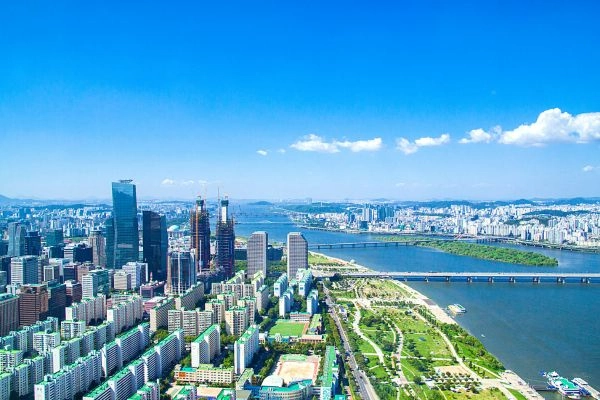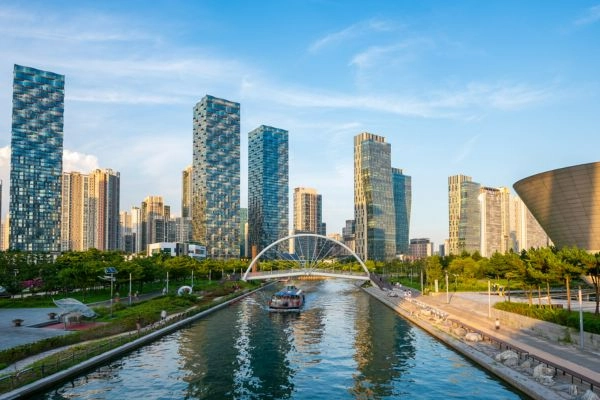Why ESG Due Diligence matters for Korean Suppliers and Global Clients

ESG is now a Supply Chain Standard
Korean companies—especially those in manufacturing, electronics, chemicals, and logistics—are facing a new kind of client expectation: ESG due diligence. Global brands, particularly in the EU and US, are under increasing pressure to monitor environmental and human rights risks across their supply chains. That pressure is now flowing downstream, reaching Korean exporters, suppliers, and contractors.
The global push for Supply Chain Transparency
Regulations like the EU Corporate Sustainability Due Diligence Directive (CSDDD), Germany’s LkSG, and France’s Duty of Vigilance Law require companies to assess and mitigate ESG risks in their global supply chains—including third-party suppliers outside the EU.
This means Korean companies may be asked by global clients to:
- Complete ESG risk assessments or due diligence questionnaires
- Disclose labour, environmental, and anti-corruption policies
- Provide evidence of grievance mechanisms and corrective action plans
- Share emissions data and human rights risk mapping
Failure to comply could result in loss of contracts, blocked access to procurement frameworks, or exclusion from sustainable finance channels.
Due Diligence is no longer just a box-tick exercise
Unlike traditional questionnaires or one-time audits, ESG due diligence is evolving into a continuous, risk-based process. Global clients increasingly expect their Korean suppliers to:
- Monitor ongoing risks (e.g. forced labour, waste management, corruption)
- Show traceability and accountability in high-risk operations or sourcing
- Be ready for audits or spot checks, especially in vulnerable regions or sectors
It’s not just Tier 1 suppliers who are affected—Tier 2 and Tier 3 vendors are also coming under review as reporting requirements extend.
How Korean companies can prepare
To remain competitive and trusted in global value chains, Korean suppliers should:
- Conduct internal ESG assessments based on client-aligned frameworks (e.g. SA8000, UNGP, ISO 37001, GHG Protocol)
- Document their policies and processes on human rights, ethics, safety, and environment
- Train key teams on ESG expectations and red flags
- Establish a grievance mechanism for employees and stakeholders
- Use digital tools to collect and manage ESG data, ready for external review
Speeki supports Korean companies with supplier ESG readiness—from due diligence tools to internal training and policy development.
In today’s ESG-driven global market, strong products and pricing are no longer enough. Korean companies must be ESG-ready suppliers—capable of meeting the transparency, ethics, and sustainability expectations of their clients. Those who act early will build trust, reduce risk, and secure their place in tomorrow’s value chains.




